Today I bring you an extra -- a guest post from a fellow blogger. She is a practicing physician in southern California who has been seeing a therapist regularly since the fall of 2017. For more information about her and her experiences, visit her blog at www.youbethree.com.
Life has a lot of ups and downs. I've dealt with so much, as have so many others I know. We all at some point have talked about getting help, but, for various reasons, we end up not doing so. There is a stigma in medicine, especially, with regards to seeking help. Read more about that here.
This stigma fosters a fear within medical professionals that seeking help will make them seem weak, unable to handle the work load or appear as a bad doctor. None of which is true.
Speaking from my own experiences, when one area of my life needed help, I would focus all my energy on that one area and rely on the other areas to take care of themselves while I fixed things. In that way, I think I was able to avoid having to ask for help. However, as I learned last summer, life has a funny way of changing your mind. (Read the full story here.)
Along with that major life event, things at work began to change and my personal life started to take a nosedive. All of a sudden, every aspect of my life needed my full attention. I felt that I was being pulled in every direction, yet despite my best efforts I still felt like I was failing. The result was this horrible feeling that I was losing, or had lost, control of my life and I didn’t know how to fix without breaking myself in the process. From that, I could see no other way out than to ask for help.
Who to turn to
Given the existing stigma, it can be difficult to know who to ask for help without fear of judgment.
Some things to consider in a confidante:
- Find someone inside, or outside, of your department that you trust and know will not gossip about you. Remember, this person does not need to be another physician.
- Once you find that person, be open about what is plaguing you, but at the same time don't divulge details unless it becomes necessary. For instance, I was outspoken about the fact that I was having some issues in my family, along with some personal life stressors, but I did not go into specifics.
For me, I contacted a non-physician individual in our department that I knew would keep my secret and wouldn’t judge me. From there, I was referred to a colleague who gave me various resources that our institution has to offer for those seeking help. In addition, I was given names and recommendations of therapists known to be reputable and trustworthy.
Some things to consider in a therapist:
- Choose someone who works near your home. You want to be able to see this person as regularly and as conveniently for you as possible.
- In addition, don’t be afraid to size up your therapist. Not every therapist/patient relationship is a good fit. My first two sessions were just that: figuring out if that was the right place for me. I had every intention of changing providers if I didn’t feel like I was getting the benefits I needed. During your sessions also, trust your instincts. You should get a sense within the first two meetings that you are comfortable with this person, that you want to talk to them, and that you feel they are able to guide you through your therapy process effectively. You should leave your sessions feeling, if not better, lighter, like a bit of the weight is off your shoulders.
Benefits of therapy
For anyone thinking, “I can just talk to my friends or family, I don’t need a therapist”…
Trust me, it’s not the same. It’s not just about venting and sharing your thoughts/feelings;
- It’s also the feedback and the questions that make you think about WHY you’re reacting and feeling the way you are.
- It's about digging down and figuring out where you’re coming from, and HOW TO HANDLE IT
- It's how to take a step back and see a situation differently
- It's learning how to separate your insecurities from who you really are
- It's learning how to work on yourself so that you can move past your issues, deal with them effectively and regain your balance.
- It's about learning to not losing yourself in the process of coping with your stressors
- It's reminding yourself why you do what you do
- It's gaining assistance in sorting out your emotions
- It's learning to not blame yourself for things out of your control
- It's giving yourself a stronger foundation from which to continue on in this crazy practice of medicine
How much of that sounds like what every physician needs? Every resident? Medical student?
From the beginning, we are told to walk into crazy situations and "just handle it". Yet, no one really teaches us how. On top of that, humans are emotional creatures and cannot be programmed to "deal" with situations. Each of our experiences affects us differently. Reaching out for help, or asking to talk to someone, is one simple way to sort through everything that we have seen and gone through.
This article written a few years ago discusses some of the even deeper benefits of receiving therapy. Read more here. It asserts that the more we help ourselves, the more we are able to help others. In other words, how can we empathize with our patients if we don't take the time to understand ourselves?
In summary, surviving, and thriving, in this business, requires that we care for ourselves first.
The time to ask is now. There’s no right time to do it; there is no preparation or mindset to put yourself in before you do.
In fact, if you're thinking about it, then it's probably time.
The sooner you ask:
- The sooner you will be able to learn how to better handle your specific work related stressors
- The sooner you will be able to take back control of your emotions
- The less you'll feel burned out at work
- The more likely you will be able to move forward in life and work in a way that is emotionally and mentally healthy
- The sooner you'll get back to being the physician you want to be
Since starting therapy, I have often looked back and wished I had sought help sooner and taken care of my mental stressors sooner. Because at the end of the day, what you think of yourself and how you mentally approach each day can strongly affect your daily productivity, your outcomes, and your overall satisfaction and happiness.
My advice to all:
- Be strong. In fact you already are, so lets work on keeping it that way.
- Be your own priority. Self care, and then care for others.
- Be balanced. Even if it means asking for a little help to get there.

